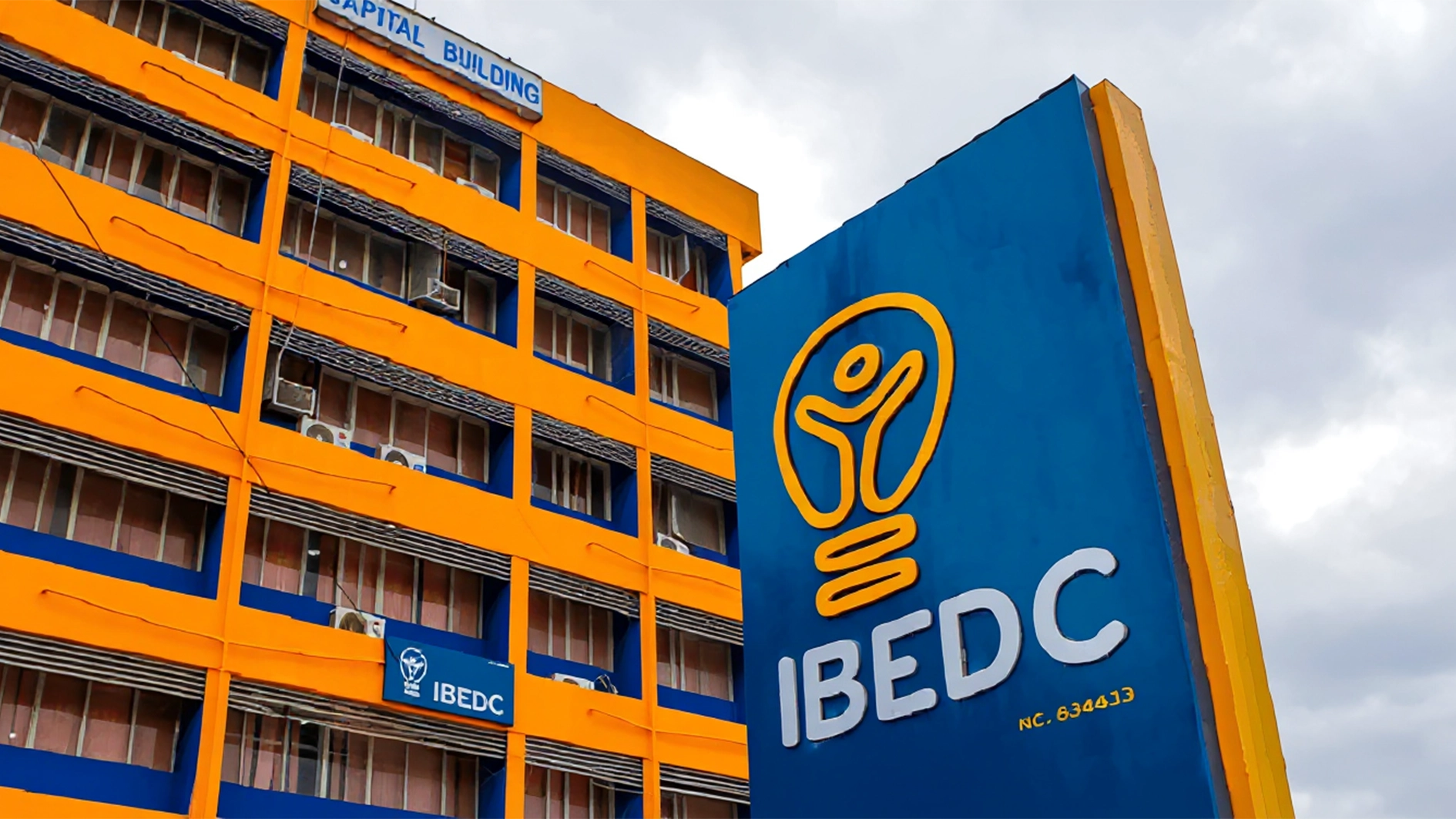
Although this is way behind the $1 trillion investment, which went into fossil fuel, Renewable Energy Policy Network for the 21st Century, otherwise called REN21 in a new report, noted that developing countries like Nigeria sadly received a meagre one-fifth of the $500 billion investment.
The dismal share of investment into emerging economies, according to the research, is worrisome in the face of the high population of the economies, which account for two-thirds of the world’s population.
According to the report, private banks provided loans and underwritings amounting to a whopping $395 billion for fossil fuel projects, while they only allocated $53 billion to renewables in 2021.
The report equally decried that while the top five fossil fuel companies reported record profits of $200 billion in 2022, and significantly increased their capital expenditure to an average of $16.1 billion, up from $12.4 billion, the share of low-carbon investments, including renewables, did not see a significant increase.
REN21 also noted that about 30 per cent is spent on renewables in terms of overall energy infrastructure investments, 52.5 per cent on fossil fuels and nuclear energy, and 17.5 per cent on grids and storage.
As the situation is in Nigeria with inflation rising to above 24 per cent, REN21 admitted that the rise in energy prices had strong inflationary impacts on all energy-consuming sectors as the development in some cases pushed families into poverty, forcing factories to cut production and slowing economic growth across sectors.
The report noted that on the climate policy side, climate commitments expanded in 2022 and targeted more ambitious efforts to decarbonise energy use in the end-use sectors, with progress varying across sectors and regions.
It revealed that during the year, 10 countries revised upwards their Nationally Determined Contributions (NDCs) towards reducing emissions under the Paris Agreement, however of the 193 countries that have signed the agreement and submitted NDCs, only 25 have set targets for net-zero emissions.
The report noted that the risk of supply disruptions, as well as high fossil fuel price volatility, prompted more energy consumers worldwide to adopt on-site renewable energy systems and to switch to electrified technologies across the end-use sectors.
During the year, REN21 stated that renewable energy shares increased in all four-demand sectors.
The body noted that a major policy announcement in 2022 was the European Union’s (EU) Carbon Border Adjustment Agreement (CBAM), which includes a carbon tax on imports to EU member countries.
Aimed at imposing carbon taxes starting in 2026 on imports related to electricity, hydrogen, steel, cement, fertilisers and aluminum, the report noted that CBAM would likely have adverse effects on Europe’s trade partners and is expected to speed decarbonisation of the industrial sector globally.
Nigeria and other African countries had been projected to record a yearly loss of $25 billion if the European Union (EU) goes ahead to introduce its Carbon Border Adjustment Mechanism (CBAM).
CBAM is a direct response by the EU to the Paris Agreement approved at the 21st conference of the United Nations Framework Convention on Climate Change.
While the Paris Agreement emphasises the importance of responding effectively to climate change based on the best available scientific knowledge and the intrinsic relationship between climate actions and equitable access to sustainable development and poverty eradication, the EU came up with CBAM to position the region as a global leader on climate action. It will also reduce greenhouse gas emissions to 55 per cent below the 1990 levels by 2030.
But stakeholders, including Africa, have raised concerns over CBAM’s compliance with Paris commitments and its impact on African exports.
CBAM will be introduced on October 1, with a three-year transition period during which only emissions reporting obligations will apply without any financial payments or adjustments.
After the transition period, CBAM will be gradually phased from 2026 to 2034, covering imports of iron and steel, cement, aluminum, fertiliser, hydrogen, and electricity.
African Climate Foundation (ACF) and the Firoz Lalji Institute for Africa at the London School of Economics and Political Science (LSE) in a comprehensive report made available to journalists raised concerns over the development, saying it would cost Africa $25 billion yearly.
Renewable investment hits $500b despite glitches, concerns

Renewable energy
Renewable energy





